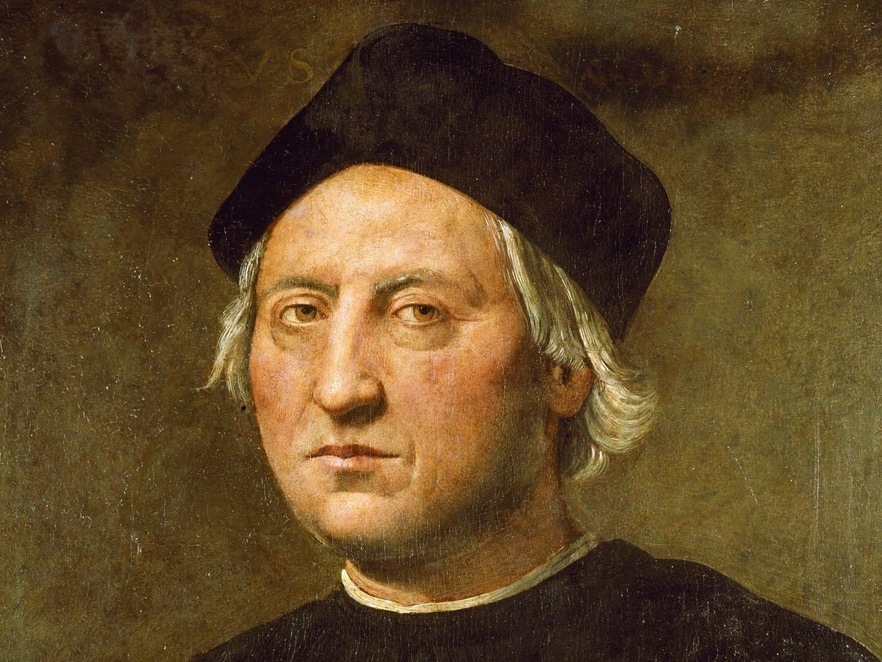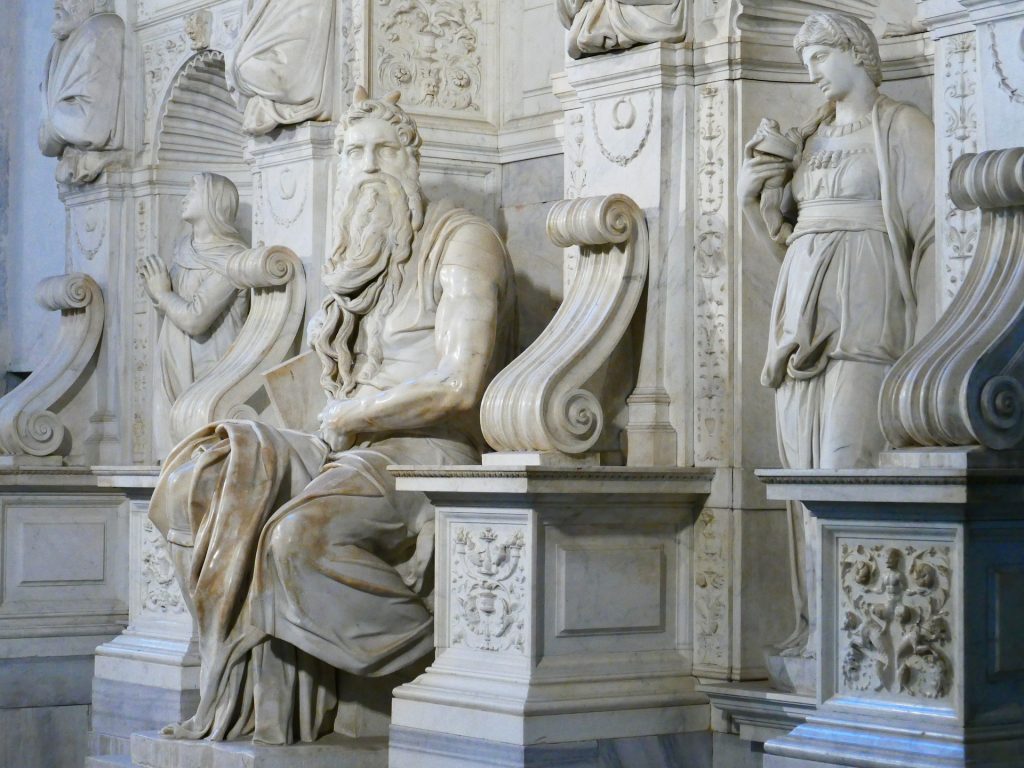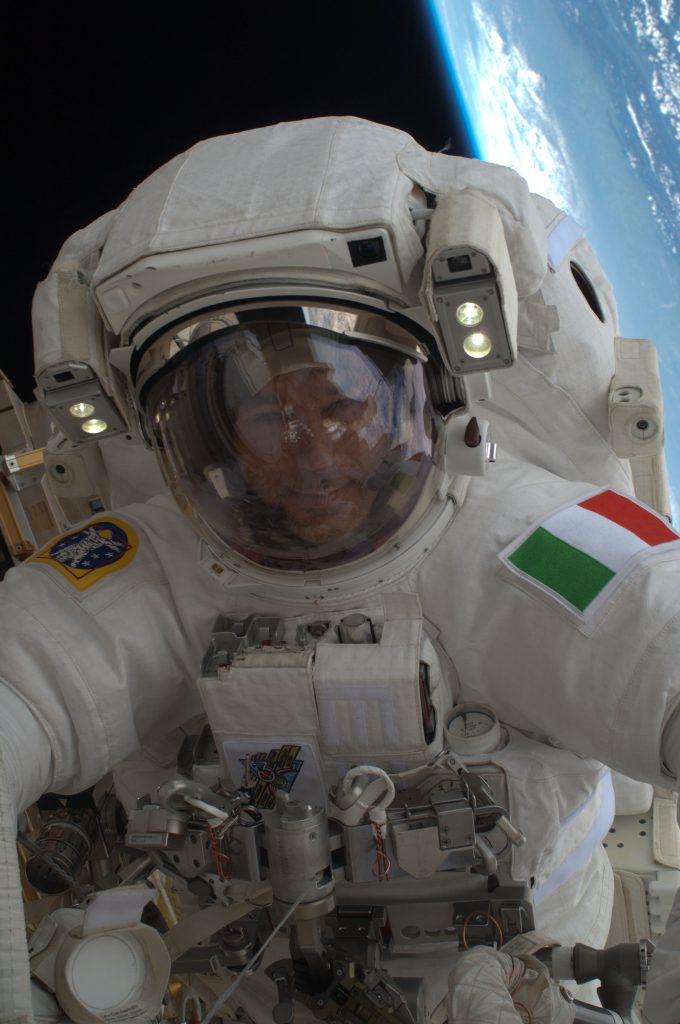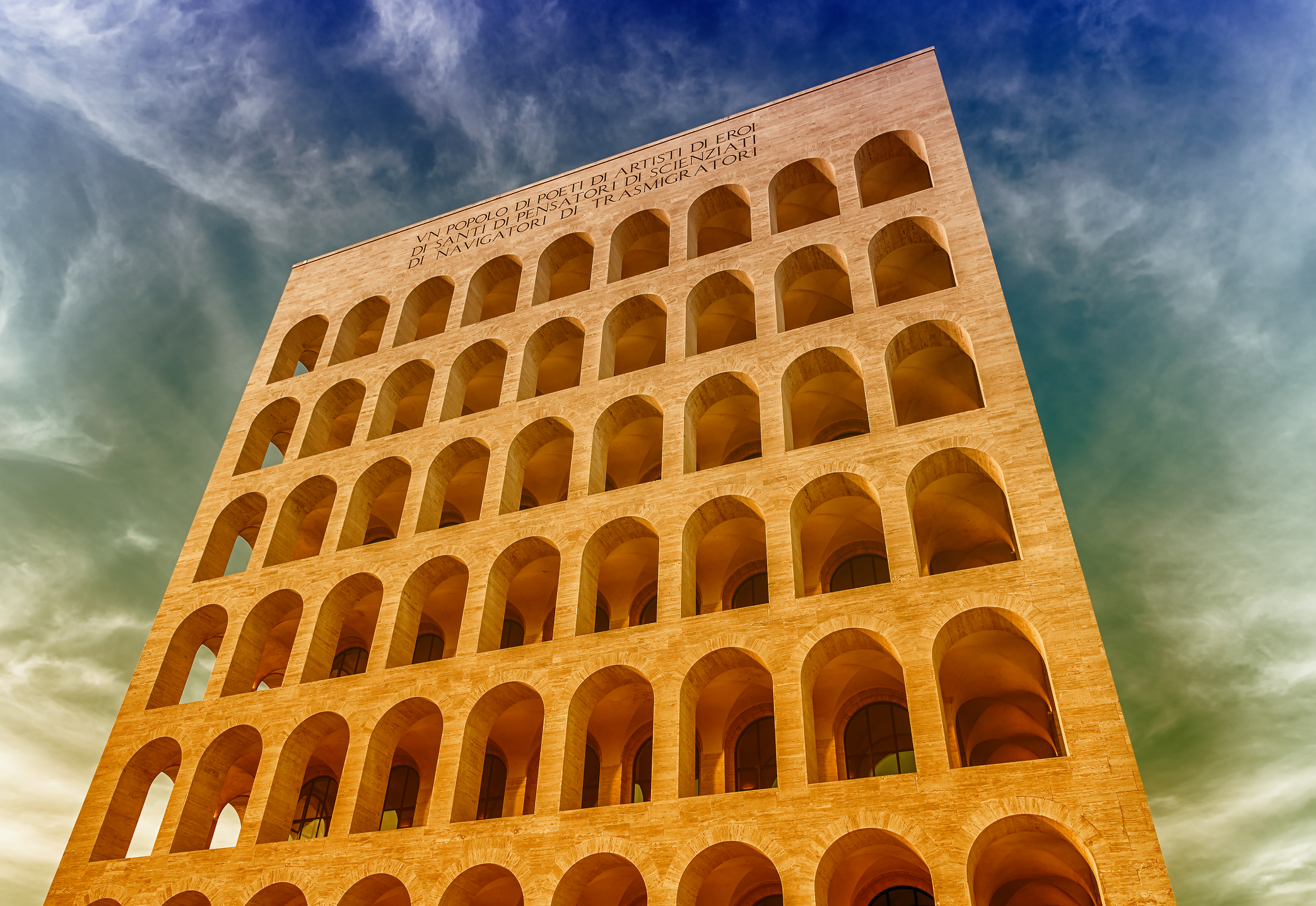Ah, l’Italia! Paese di Santi, navigatori e poeti!
Have you ever asked yourself why, historically, the people of Italy are seen as such?
It seems to be particularly apt this time of the year, the fact that — according to legends — the first to utter this popular line was none other than Cristoforo Colombo. However history says differently, as it was the infamous Duce, Benito Mussolini, to use the expression in a speech he gave on the 2nd of October 1935 in answer to international criticism after Italy invaded Abyssinia.

In spite of its origin, the expression became popular and was embraced by the country with fervor, so much so you can even find it on the façade of the Palazzo della Civiltà Italiana, in the EUR borough of Rome.
Truth is, we Italians see ourselves in it a lot.
What do Saints, explorers and poets stand for? Faith, courage and creativity, something Italian people consider part of their heritage and their being. But why so?
Once again, the answer comes from the wise words of history. Italy is a country of saints because her connection with Christianity is, for length, second only to the lands of Israel and, historically speaking, possibly even richer. Rome is, along with Jerusalem, the Holy City of Christianity, at least for the Catholics. From Italy came many essential figures of Christian spirituality, from Saint Benedict of Norcia, creator of the monastic rule, all the way to our patron Saint, Francis of Assisi, a figure of spirituality at its most beautiful, and of incredible courage. Since the 16th century, when the process for the canonization of saints became better structured, the average of Italian saints proclaimed always stayed between 40% and 70%, depending on the century taken into account. To tell us, are Barro et al., in a research dating back to 2011.
Saints also because of the role Christianity had in the development and shaping of our culture and heritage: how much literature and music, how many frescoes have been created in name of spirituality? And how many of our traditions developed, centuries ago, as a sign of faith and worship?
Literature, music, the arts, the lifeblood of our country and our heritage, the national treasure we should cherish the most, the very same treasure the rest of the wold envy us for. To all this we refer when we say we are a people of poets: Beauty, the one with a capital “B,” is Italy and Italians have always understood the importance of creating, of producing Beauty. Our patrimony is immense, and for centuries the country generate the aesthetic canons the world in its entirety would follow.

But Italians are creative also when it comes to craftsmanship and to their immense ability to make do with what they have, something all the more essential in these times of crisis. Made in Italy is as much a child of Italian creativity as Michelangelo’s works and Foscolo’s poetry.
Last but not least, we are a people of explorers . And here, our minds naturally wander towards good old Cristoforo, but we shouldn’t forget the other great names of Italian explorations: Amerigo Vespucci (America has been, in the end, names after him!), Marco Polo, Giovanni and Sebastiano Caboto, but also Samantha Cristoforetti and Luca Parmitano, modern explorers whose frontiers are much further than the Indies.

But being “explorers” means a lot more than traveling around the world, or into the sky, it means also giving space to our imagination and let it work its wonders for us: and so, being explorers also becomes being artists, being creative, and the circle closes like this, simply, around the idea that Italians are un popolo di Santi, navigatori e poeti, words based on our history and on our nature; words that certainly hold a little grain of truth within.





























